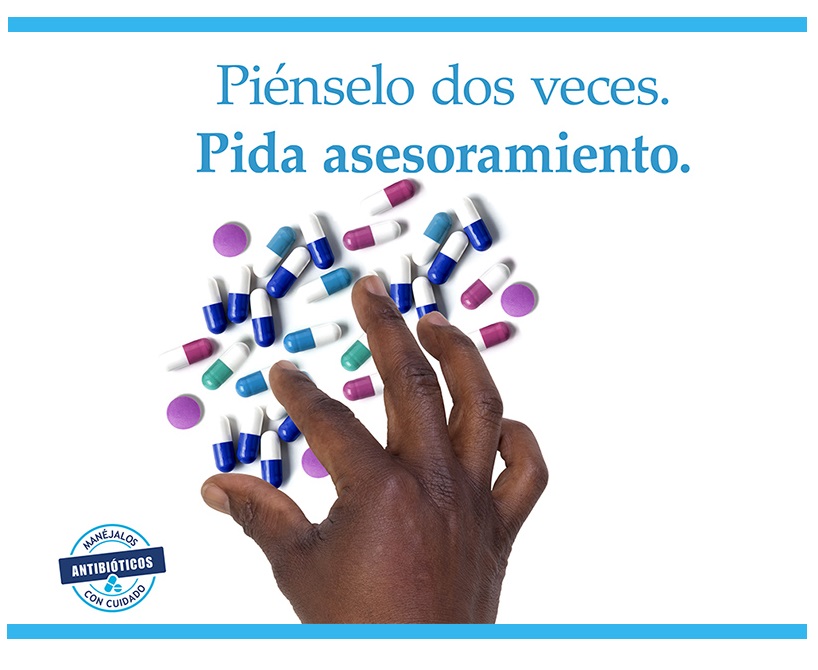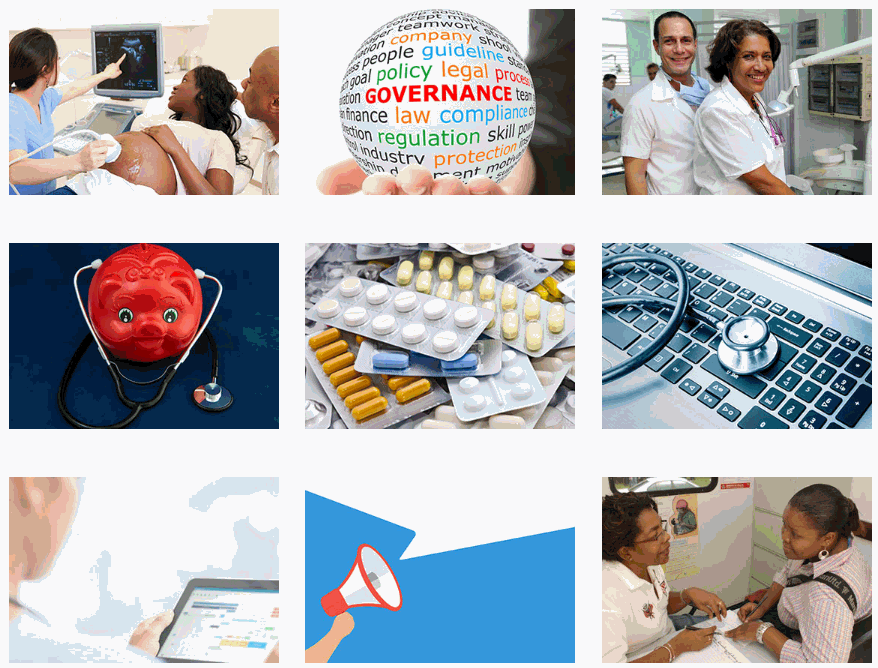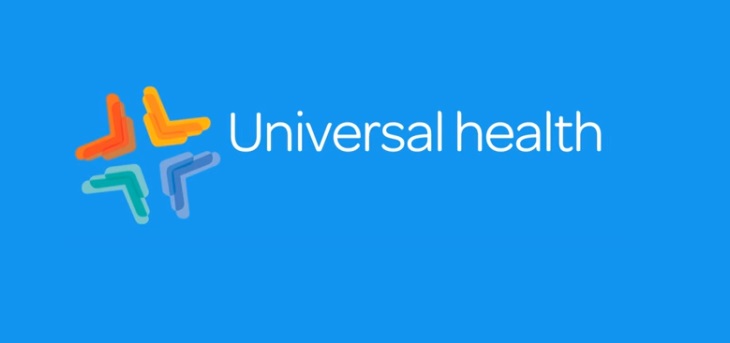Since its inception 61 years ago, Health in the Americas has been recognized as the flagship publication of the Pan American Health Organization (PAHO). It fills a special information niche as a one-of-a-kind report on major progress, challenges, and trends in health in the Region of the Americas.
Historically, Health in the Americas emerged in response to a mandate from the 7th PAHO Directing Council in 1953, in which Member States requested the Director of the Pan American Sanitary Bureau (PAHO’s secretariat) to prepare a periodic report on regional health conditions. Since its groundbreaking edition in 1956, the publication has been issued 15 times.
This latest 2017 edition reflects major innovations in the extension and development of Health in the Americas. We have expanded on the publication’s traditional epidemiological focus to include a new prospective dimension that provides scenarios constructed on the basis of historical trends and anticipated occurrences. Moving beyond merely observing, describing, and explaining past or present events, this edition goes one step further to forecast the future of health in the Region.




